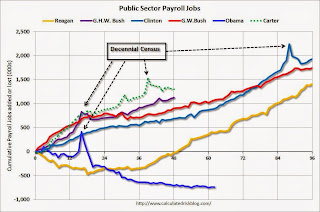thereisnospoon
Gold Member
I don't mean conservative. I mean republican specifically. Why should anyone vote republicans in our government?
What good have republicans of today done for this country? What are their accomplishments?
I want real answers. Don't say crap like "because they are better than democrats". That's a lame answer as always. I don't care what you think of democrats or liberals in general. Let's just pretend for a moment liberals don't exist.
Here are some specific questions:
1) What have republicans of today done for the middle class?
2) If tax cuts are so effective as you claim, why is it that 2x as many private jobs have been created in Obama's 5 years than in Bush's 8?
3) Corporate profits are at an all time high. Why are tax cuts for the investment class and deregulation necessary? What other republican policies are there that create jobs?
4) How is it the Republican Party not "the party of no"?
Just to give you stupid PC liberals the old mind fuck



